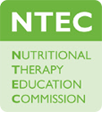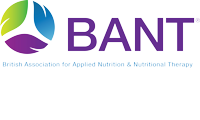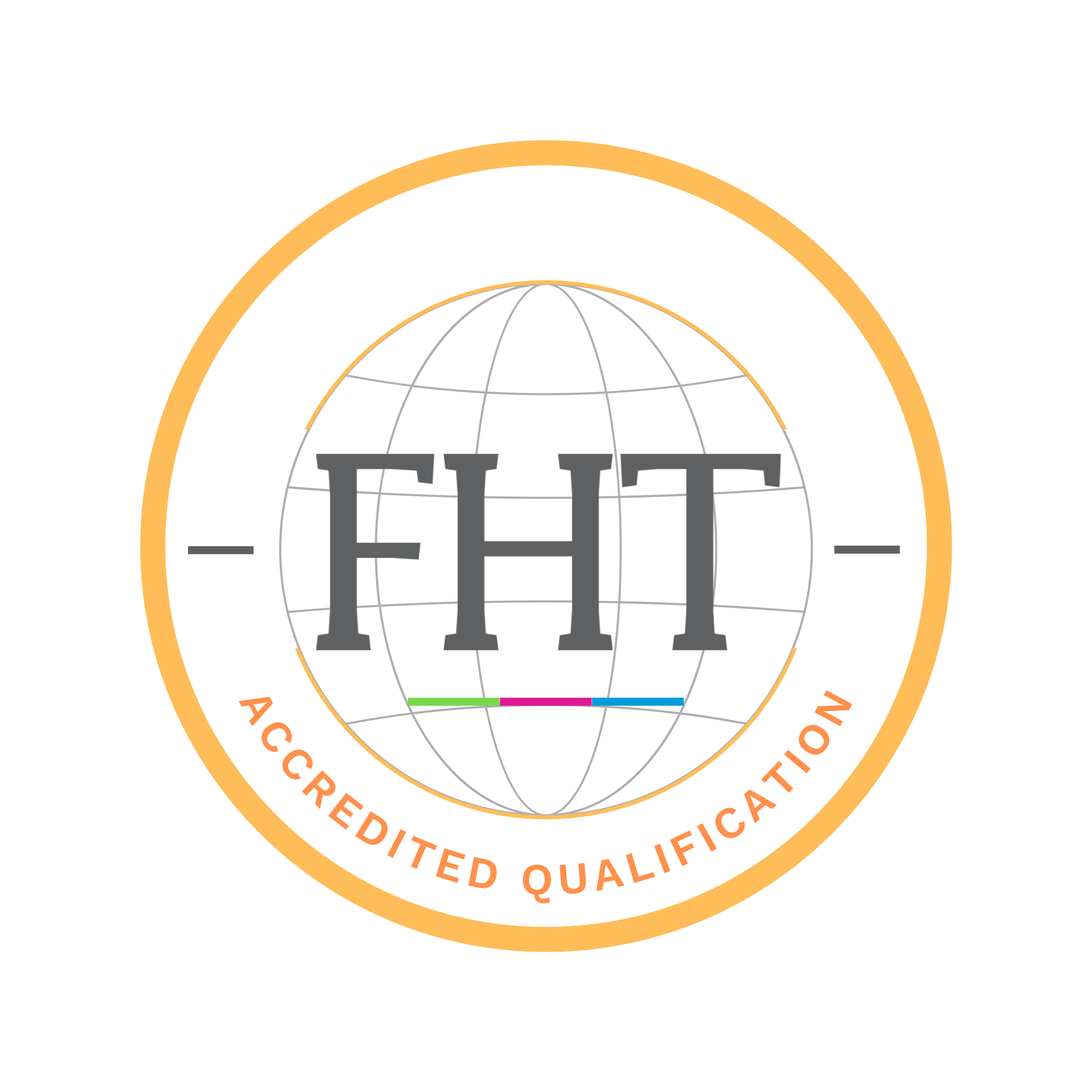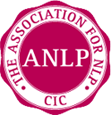MSc/PG Dip in Personalised Nutrition
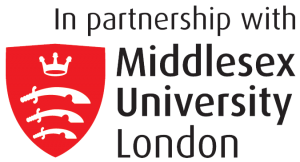
Key Features:
- Validated by Middlesex University
- Distance Learning
- Available to study full-time (1 year) or part-time (2-3 years)
- Opportunities to start throughout in January, April and September
- MSc and PG Dip can be combined with the CNELM Personalised Nutrition Practice Diploma (PNPD) as an accredited route to Nutritional Therapy practice
Entry Requirements:
- A first science degree is the primary entrance requirement, though applicants with other degree or professional qualifications will be considered on an individual application basis. Nutritional therapy diploma graduates may meet direct entry requirements or recommended a bridging course to the MSc.
- All applicants must demonstrate appropriate and underpinning knowledge of chemistry, human biology, physiology and biochemistry. Depending on your unique education background you might be advised to take part, or all, of our short Bioscience Entry course.
- IELTS 6.5 or TOEFL equivalent is the standard requirement for applicants where English is not your first language
- Basic computer skills including word processing, internet browsing and use of email
Please note: GCSE & ‘A’ level qualifications (or equivalent) and/or prior degree study which included Chemistry, Human Biology, Physiology and Biochemistry are accepted within a 5-year currency or demonstrating continued application in the workplace.
Course Length & Study Options:
- MSc: 1 year full time or 1.5-3 years part-time
- Postgraduate Diploma (PG Dip) 10 months full time or 2 years part time
Overview
This innovative programme first started in January 2012 and has attracted considerable interest from many health professionals including doctors, pharmacists, nurses, psychologists, practising nutritionists and nutritional and complementary therapists. Other degree qualified applicants are also registering for this course many of whom complete all or part of the Bioscience Entry Course for postgraduate. Approximately 140 students are enrolled on this programme at any one time
The MSc in Personalised Nutrition primarily aims to deliver an intellectually stimulating and rigorous advanced programme of study that directly supports the development of an evidence base for a personalised nutrition approach to healthcare, as well as promoting lifelong learning and career opportunities for graduates of this course. The course includes the principles of Systems Biology, Pathophysiological Reasoning, Functional Medicine and Psycho-neuro-immunology in context of personalised nutrition and research methodologies to support an evidence base for personalised nutrition.
Applicants can enrol on the MSc or the Postgraduate Diploma (PG Dip) in Personalised Nutrition. Progression to the MSc is possible following completion of the PGDip. Applicants progressing to the MSc must relinquish their PG diploma on re-entry as it is not permissible to gain more than one award from the same programme.
Alternatively, applicants can enrol on the MSc if unable to complete the full programme can apply for a PG Dip or PG Cert as an Exit Award.
Study Progression
- A popular option for current and prospective students is to combine this course with the CNELM Personalised Nutrition Practice Diploma as an accredited route leading to nutritional therapy practice.
- Graduates of the postgraduate Personalised Nutrition programme can apply to join other universities or colleges to study at Doctorate level including Middlesex University.
For further details on the postgraduate Personalised Nutrition programme please refer to our full Prospectus.
Programme Revalidation
The MSc and PG Dip in Personalised Nutrition programmes validated by Middlesex University first started in 2012. Degree programmes are subject to revalidation every six years. Both programmes formally entered a one year revalidation cycle in July 2023 in preparation for new enrolments to the programmes from September 2024. Enrolments from September 2024 are ‘subject to review’ and dependent on revalidation of the programmes. Notification of the outcome of revalidation should be available in July 2024. The process of revalidation provides an opportunity for programmes to be reviewed and helps to ensure that they are kept up-to-date and fit for purpose.







